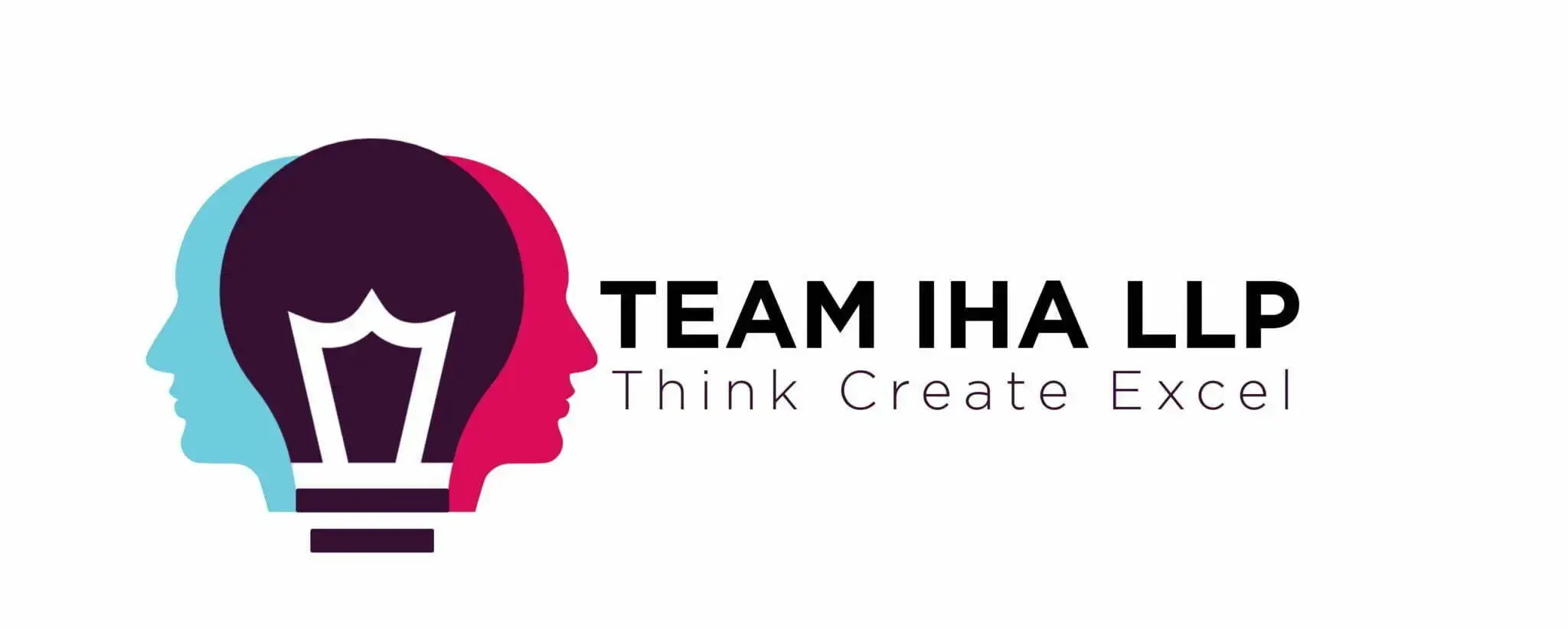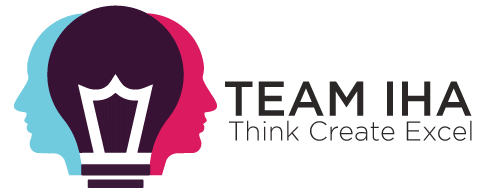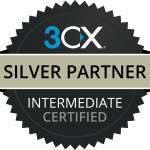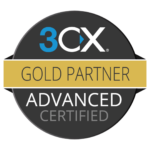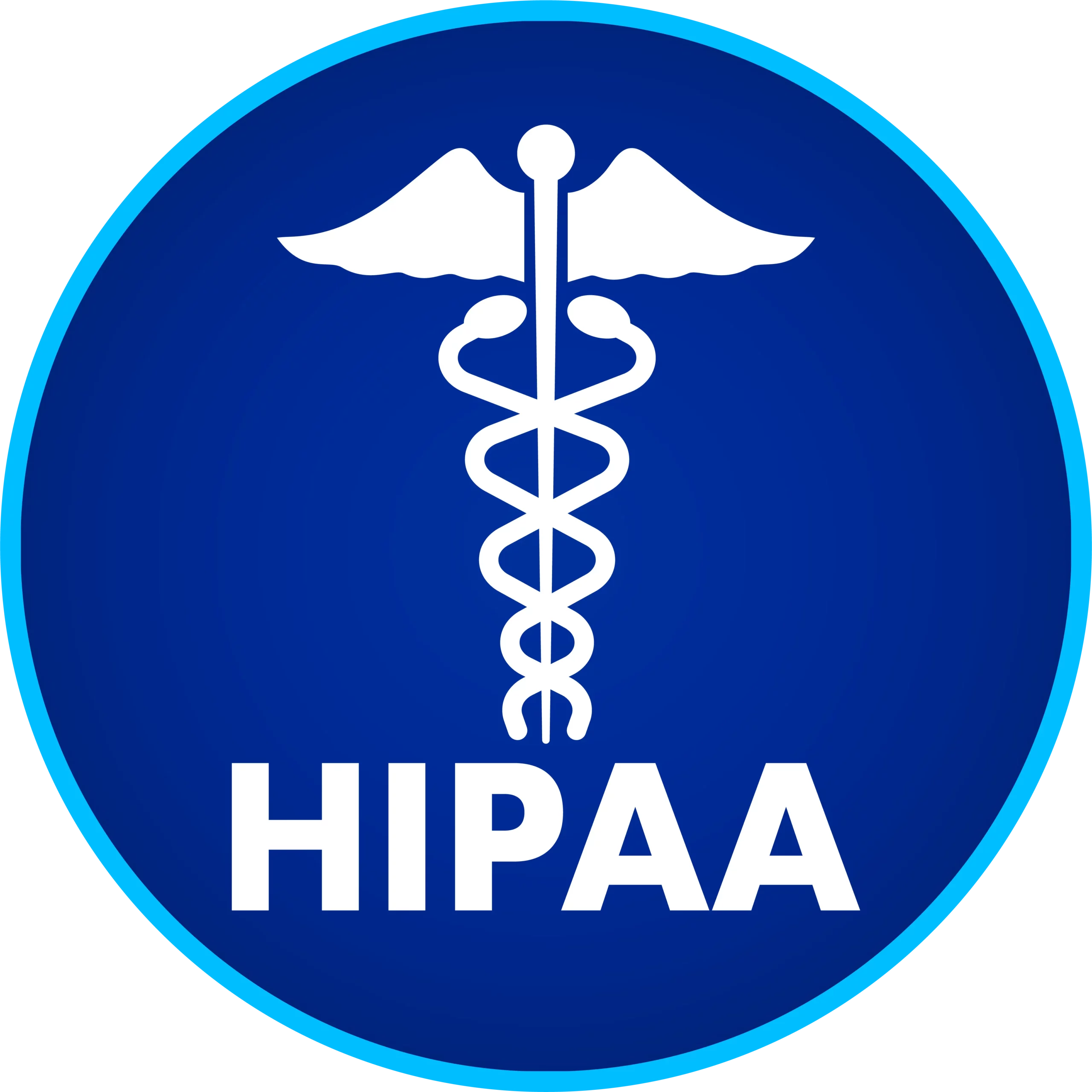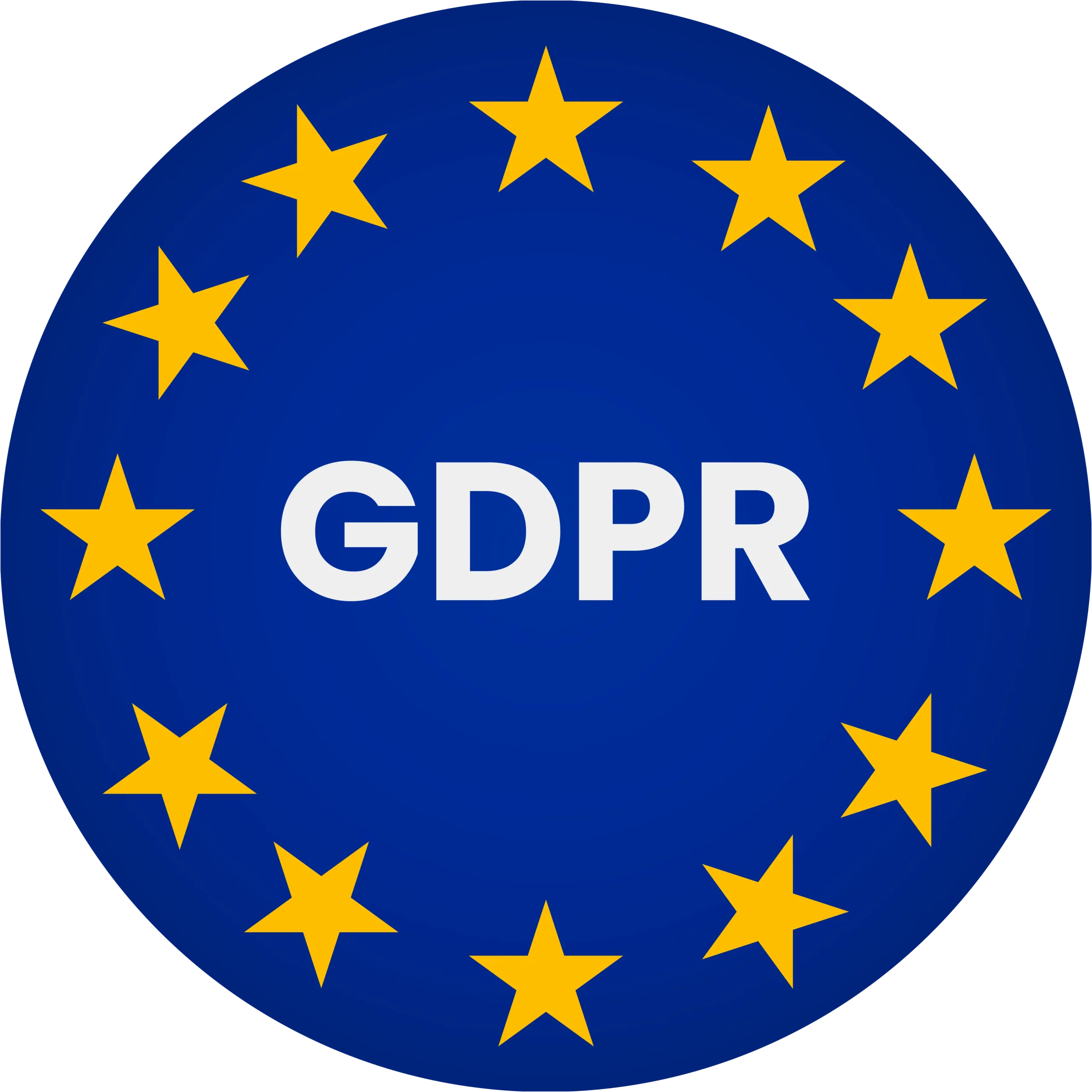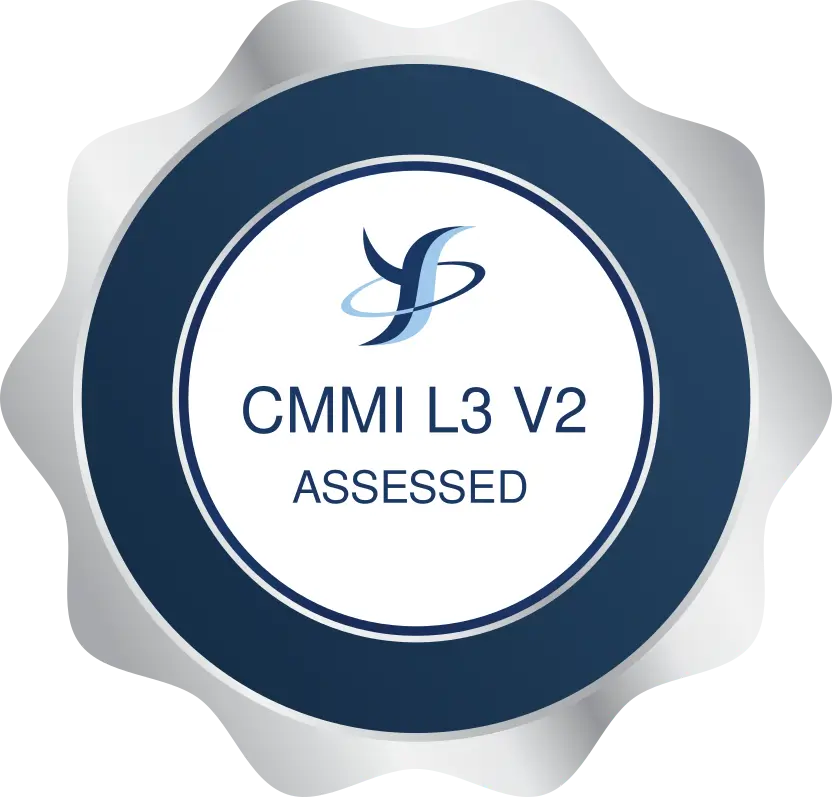In 2025, AI is not just transforming how businesses market—it’s completely redefining what’s possible. From personalized emails to chatbot-driven engagement and intelligent campaign optimization, AI-powered automation is helping marketers achieve more with less effort.
But instead of diving into specific tools, let’s explore what AI marketing automation really means, why it matters in today’s landscape, which areas it impacts most, and how businesses can harness it effectively. Here are 11 top AI tools for marketing automation in 2025 and why they deserve a place in your tech stack.
Why Does AI Matter in Marketing Automation Today?
Here’s why it’s becoming indispensable:
- Personalization at Scale: AI enables hyper-targeted messaging by analyzing behavioral patterns, demographics, and preferences—something manual efforts can’t match.
- Efficiency: With smart automations, teams save countless hours on repetitive tasks like scheduling, follow-ups, and data syncing.
- Improved ROI: AI-driven decision-making helps allocate budgets better, send communications at the right time, and identify high-converting channels.
- Real-Time Optimization: Marketers no longer need to wait for campaign results—AI analyzes performance continuously and tweaks content or delivery accordingly.
- Customer Retention: Predictive algorithms identify churn risks, recommend actions, and even personalize retention campaigns.
Which Marketing Areas Are Most Impacted?
AI touches nearly every facet of modern marketing. Here’s where it creates the biggest impact:
- Email Campaigns: Automatically determining the best time to send, optimizing subject lines, and tailoring content for each recipient.
- Chat and Messaging: Conversational AI allows instant engagement on websites and social media, guiding users, answering questions, and booking appointments.
- Content Creation: Generating ad copy, product descriptions, and social posts using natural language models that adapt to tone, purpose, and target audience.
- Lead Scoring & Nurturing: Scoring prospects based on behavior, interest level, and intent—then nurturing them through personalized automation flows.
- SEO and Content Strategy: Assisting in topic selection, content structuring, and optimization using SERP and keyword insights.
- Campaign Reporting: Analyzing performance metrics and offering suggestions or actions to enhance results without manual number-crunching.
How Can You Use AI Marketing Automation Effectively?
If you’re looking to bring AI into your marketing operations, here’s how to approach it:
- Start with a Goal: Know whether you’re optimizing for engagement, conversions, or lead nurturing. This helps in setting up automation with intent.
- Map the Customer Journey: Understand touchpoints where AI can enhance user experience—like onboarding, re-engagement, or support.
- Choose Scalable Platforms: Look for marketing platforms that integrate AI natively, rather than adding complexity through external plug-ins.
- Leverage Behavioral Data: Use data from customer actions (clicks, opens, time on site) to guide content delivery and campaign structure.
- Test & Train: AI improves over time. A/B test messages, tones, formats, and use insights to train your systems for even better performance.
- Stay Human: Automation should amplify your team’s creativity—not replace it. Blend AI precision with human authenticity in your messaging.
Here is the list of top 11 AI tools for marketing automation in 2025
1. HubSpot – All-in-One Inbound Marketing Automation
HubSpot continues to dominate as a marketing automation powerhouse, integrating email, CRM, content, and workflows. Its 2025 update uses AI to personalize customer journeys and predict behavior.
- Best For: End-to-end inbound marketing
- 2025 AI Update: Predictive lead scoring, smart content personalization, and AI-powered email A/B testing
2. Marketo Engage (Adobe) – Enterprise-Grade Automation
Marketo’s robust platform caters to B2B and enterprise needs, offering lead nurturing, segmentation, and account-based marketing. Adobe’s AI integrations now enhance campaign efficiency.
- Best For: Large-scale B2B automation
- 2025 AI Update: AI-based content recommendations and intent-driven targeting
3. ActiveCampaign – Smart Email & CRM Automation
Known for its user-friendly automation builder, ActiveCampaign helps small to mid-size businesses deliver smart email sequences, lead scoring, and behavioral tracking.
- Best For: Email automation and customer journey mapping
- 2025 AI Update: Predictive sending, churn detection, and contact behavior insights
4. Jasper – AI Writing Assistant for Marketers
Jasper helps marketers create high-converting ad copy, emails, and social posts in seconds. It integrates with campaign tools and understands brand voice.
- Best For: Content creation and copywriting
- 2025 AI Update: Multilingual tone-based content generation and AI-guided campaign copy suggestions
5. Drift – Conversational Marketing & AI Chatbots
Drift combines AI chatbots, live chat, and email to convert leads faster. In 2025, it’s more intelligent than ever at qualifying leads and booking meetings.
- Best For: Website chat automation and lead qualification
- 2025 AI Update: Adaptive conversation flows and buyer intent recognition
6. Seventh Sense – AI for Email Delivery Optimization
Timing is everything. Seventh Sense uses behavioral data to send emails when your audience is most likely to engage.
- Best For: Email engagement optimization
- 2025 AI Update: Adaptive scheduling based on real-time engagement trends
7. Persado – AI-Driven Language Personalization
Persado helps brands find the perfect words for every customer segment using advanced AI and deep language analysis.
- Best For: Messaging personalization at scale
- 2025 AI Update: Emotion-aware campaign generation and multi-channel tone adjustment
8. Phrasee – AI for Email Subject Lines and Messaging
Phrasee uses natural language generation to write subject lines, email copy, and push notifications that convert better than human-generated content.
- Best For: Optimizing marketing messages
- 2025 AI Update: Real-time tone adjustment and AI feedback on copy effectiveness
9. Zapier – AI-Enhanced Workflow Automation
While not a traditional marketing platform, Zapier plays a crucial role by connecting your marketing stack. With AI, it now predicts and builds automated workflows.
- Best For: Cross-platform automation
- 2025 AI Update: AI workflow suggestions and error handling improvements
10. Surfer – AI for SEO & Content Strategy
Surfer helps marketers create SEO-optimized content based on real-time keyword and competitor data. AI now helps structure content outlines instantly.
- Best For: SEO content planning
- 2025 AI Update: Real-time SERP analysis and AI content scoring for organic performance
11. Manychat – AI-Powered Messaging for Social Platforms
Manychat is the go-to for automating messages on WhatsApp, Facebook Messenger, and Instagram. In 2025, its AI capabilities make conversational campaigns seamless.
- Best For: Social media and messenger marketing
- 2025 AI Update: Auto-learning chatbot flows and personalized replies based on user behavior
Conclusion:
AI marketing automation tools are no longer optional—they’re essential. Whether you’re a startup looking to scale or an enterprise optimizing operations, the right AI tools can help you reach the right people, with the right message, at the right time.
